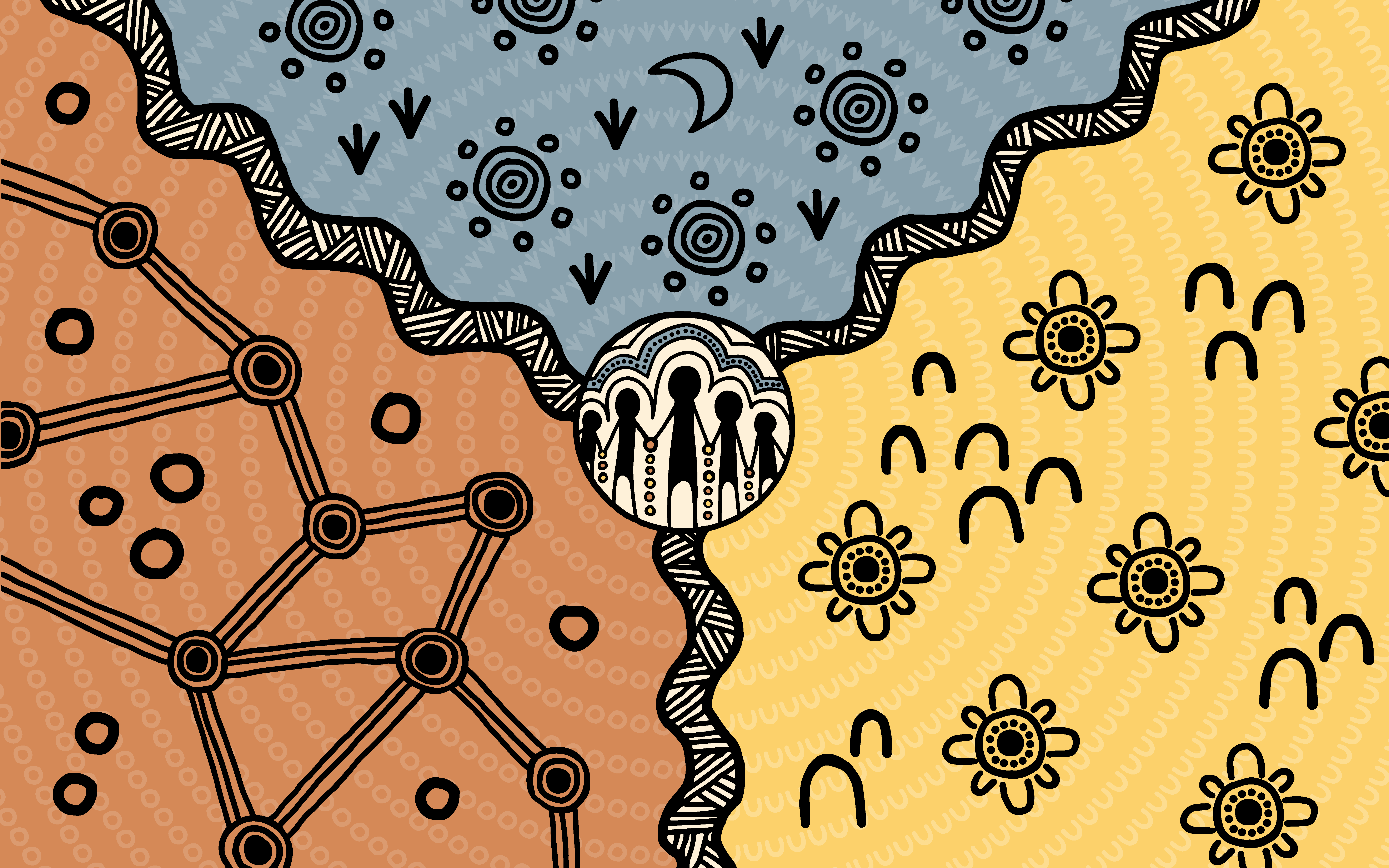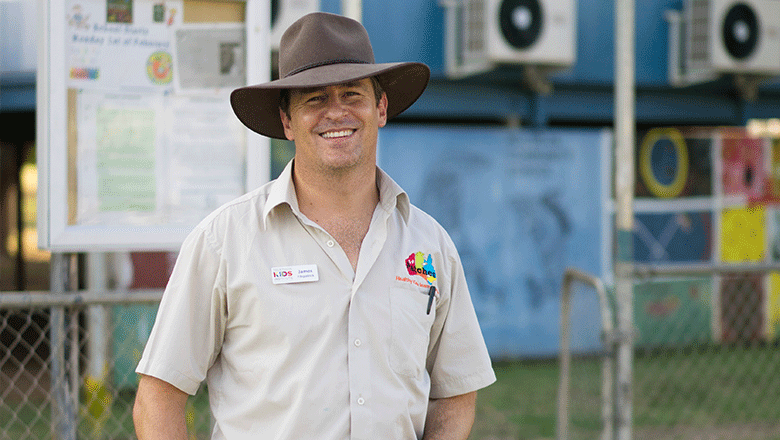Search
Showing results for "Professor"
Research
Epithelial Drivers of Neutrophil Plasticity in Early Cystic Fibrosis Lung DiseaseHallmarks of cystic fibrosis (CF) airway disease include bronchiectasis, airway inflammation by infiltrating polymorphonuclear neutrophils (PMNs) and recurring infection.
Research
Evaluation of PLATINUM C: PLATform IN the Use of Medicines to treat chronic hepatitis CTom Snelling BMBS DTMH GDipClinEpid PhD FRACP Head, Infectious Disease Implementation Research 08 6319 1817 tom.snelling@thekids.org.au Head,

Research
WA Aboriginal Child Health Survey (WAACHS) Linked Data StudyThis study is a partnership between researchers, the Aboriginal community and government to provide evidence for policy and practice addressing high priority health and wellbeing issues for Aboriginal children and families.

News & Events
The Kids researcher awarded support fundingA The Kids Research Institute Australia researcher has been awarded $10,000 in State Government research support funding.
Research
“You’re telling us to go first?!” COVID-19 pandemic and vaccination experiences among Aboriginal adults in Western AustraliaGlobally, Indigenous populations have been disproportionately impacted by pandemics. In Australia, though national infection rates with COVID-19 infections in Aboriginal and/or Torres Strait Islander people were lower in the first 12 months of the COVID-19 pandemic, there was soon a greater burden in Aboriginal and/or Torres Strait Island people once Omicron was circulating. Uptake of the COVID-19 vaccine was also lower among Aboriginal and/or Torres Strait Islander people.
Research
Wellbeing studyBurns are a common cause of emergency presentations, and most burn injuries happen to children and adolescents.
Discover the remarkable human stories behind our breakthroughs at The Kids.
Research
An Aboriginal and Torres Strait Islander adolescent model of primary health carePete Azzopardi PhD, FRACP, MEpi, MBBS, GDipBiostats, BMedSci Head, Adolescent Health and Wellbeing Head, Adolescent Health and Wellbeing Professor
Research
Impact of vascular screening interventions on perceived threat, efficacy beliefs and behavioural intentions: a systematic narrative reviewHealth-related behaviours contribute to the global burden of cardiovascular disease (CVD). Cardiovascular imaging can be used to screen asymptomatic individuals for increased risk of CVD to enable earlier interventions to promote health-related behaviours to prevent or reduce CVD risk.
Research
Structured exercise programs for higher education students experiencing mental health challenges: background, significance, and implementationThe incidence of mental illness is greatest among young adults, and those enrolled in higher education may be particularly vulnerable compared to the general young adult population. Many higher education institutions employ student support staff tasked with implementing strategies to improve student wellbeing and mental illness.
